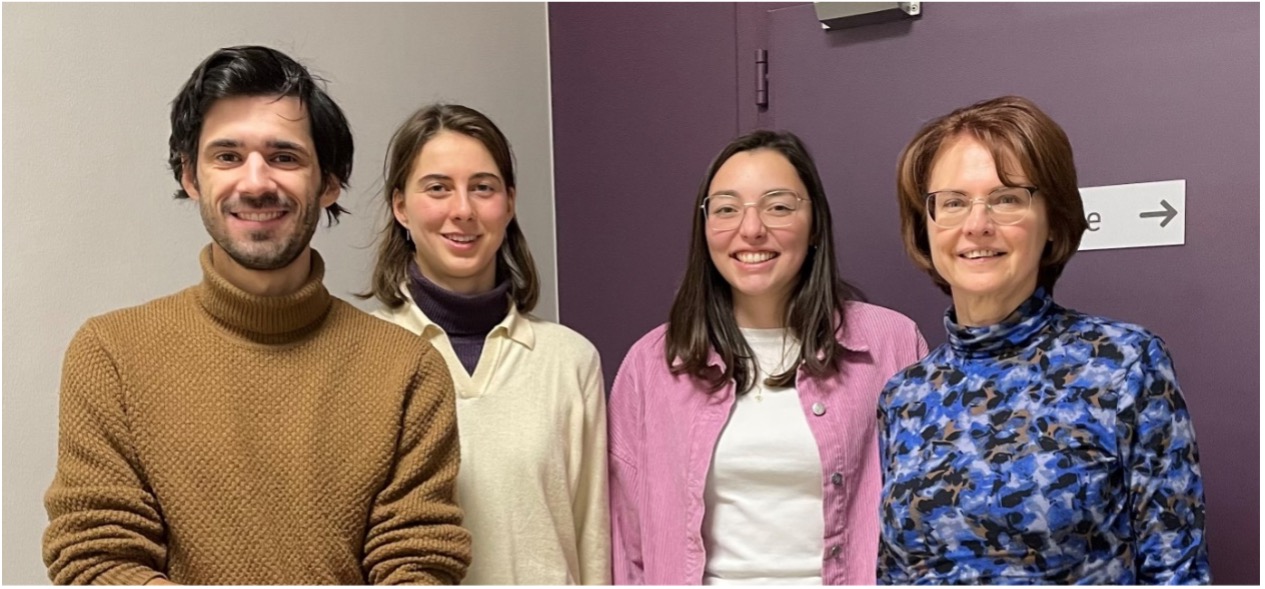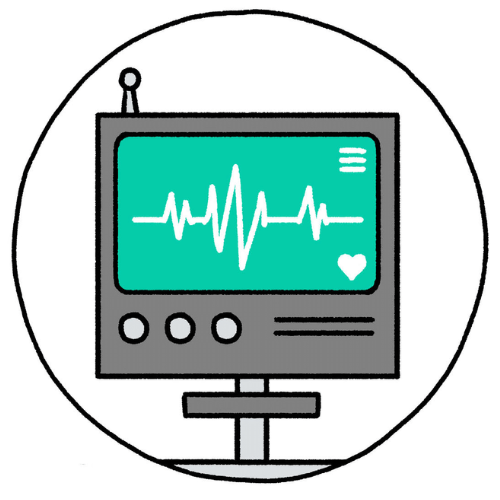Project Description:
At KU Leuven, we run a citizen science initiative to make health screenings cheaper and more accessible. Traditional health exams require a medical centre, expensive equipment and medical staff, making it too costly and time-consuming to screen for risk factors systematically. As a result, we often detect risk factors by accident and often too late. But what if we could engage citizens to conduct health screenings?
With their help, we could organize large-scale, low-cost and nearby screenings in the community. To find out, we train citizens to perform health checks using a user-friendly screening kit. They learn, for instance, how to measure blood pressure, blood sugar and cholesterol levels. We determine the feasibility and accuracy of their measurements and gather their experiences to improve the training and screening procedure. With this project, we could make health checks accessible and affordable for the people by the people.
Project Type: Kickstarting Grant
Theme: Justice and Equity, Health
Mentor:Ilídio André Costa
CS-Heart: Accessible health screenings for the people, by the people
Imagine a future where health checks are accessible and affordable for everyone—delivered by your neighbours instead of requiring costly medical facilities. At KU Leuven, this vision is coming to life through CS-Heart, a pioneering citizen science initiative that empowers individuals to perform basic health screenings.
Screening Power to the People
Prevention is better than cure, but identifying those at risk remains a challenge. Routine health checks are expensive, requiring professionals, specialized equipment, and centralized facilities. As a result, many—especially high-risk individuals—remain unaware of their health status. How can we screen more people at lower costs?

”"We should make health screenings so simple that anyone can perform them. This means developing easy tests, providing clear education, and most importantly… engaging citizens! They play a crucial role in testing and improving the tools we’re creating."
Nicholas Cauwenberghs, the lead investigator of CS-Heart, explains.

Testing the CS-Heart Approach
CS-Heart’s framework for low-cost, community-driven health screenings is currently being tested by dedicated citizen scientists. These volunteers responded to calls on social media, at public events, and in hospitals.
First, they complete a training program combining online tutorials and hands-on workshops, learning basic health measurements—like blood pressure and cholesterol—using user-friendly kits. Once trained, each citizen screener performs health checks on five individuals. A digital tablet application provides real-time guidance during screenings. Participants then share their experiences, helping refine the process and address any challenges to ensure accuracy and feasibility.
A Growing Network of Citizen Screeners
So far, CS-Heart has trained 15 citizen screeners in Leuven, Belgium. Together, they’ve screened over 55 individuals and provided valuable insights on making citizen-led screenings practical and reliable.
”"It’s amazing to contribute to research and the community while learning so much about health screenings myself. This project has truly empowered me to take a proactive role in health."
Caitlin de Vries, a citizen screener, shares her enthusiasm.
IMPETUS’ Support
CS-Heart’s progress is made possible by IMPETUS, which provides funding, mentorship, and resources for training and equipment. This support has enabled the KU Leuven team to advance citizen science and become one of the few groups worldwide exploring citizen-led health screenings.
What’s Next?
CS-Heart is already reshaping health screening—making it for the people, by the people. Moving forward, the team plans to refine their approach through continued collaboration with citizen scientists and expand the program across Europe and beyond. By empowering citizens to take an active role in preventive healthcare, CS-Heart envisions a future where health screenings are within everyone’s reach. After all, today’s screenings protect tomorrow’s health.



